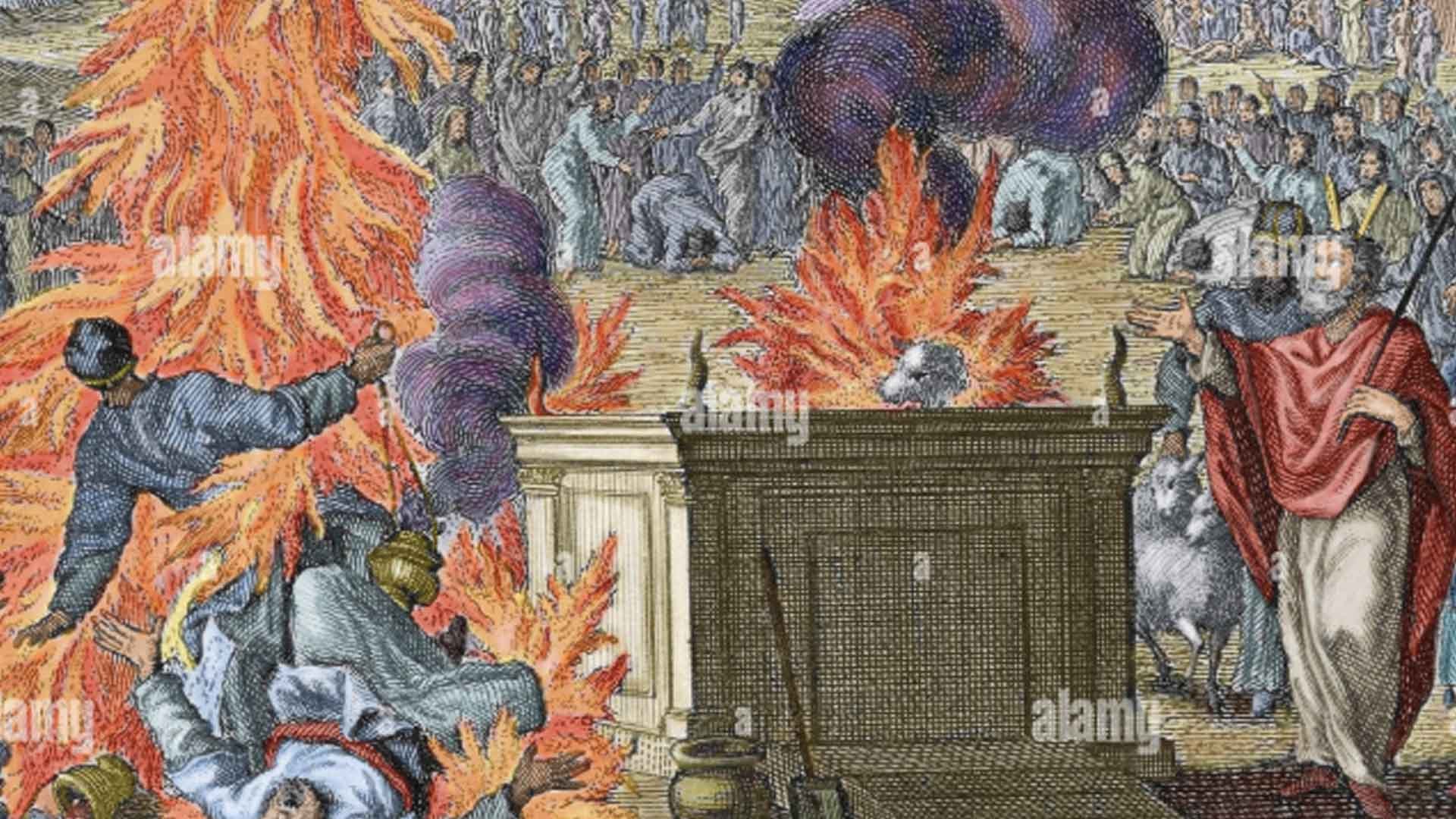Language and Meaning in Sacred Texts
This article examines the complex interplay between language, meaning, and divine revelation in Jewish textual traditions through comparative analysis of diverse interpretative frameworks: the intellectual approach of Rabbi Chaim of Volozhin, the hermeneutics of religious passion and restraint developed by the Netziv (Rabbi Naftali Zvi Yehuda Berlin), the contemporary philosophical perspectives of Elliot Wolfson, and the cross-cultural insights of Slavoj Žižek, Moshe Idel, Allan Nadler, and Simone Weil. By exploring the tensions between transcendence and immanence, nomian structure and religious enthusiasm, and the limits of religious language, this study illuminates how interpretive traditions navigate the paradoxical nature of divine revelation through textual engagement. Special attention is given to how theological meaning emerges not merely in the text itself but in the dialectic between immanence and transcendence, textual law and mystical yearning.

